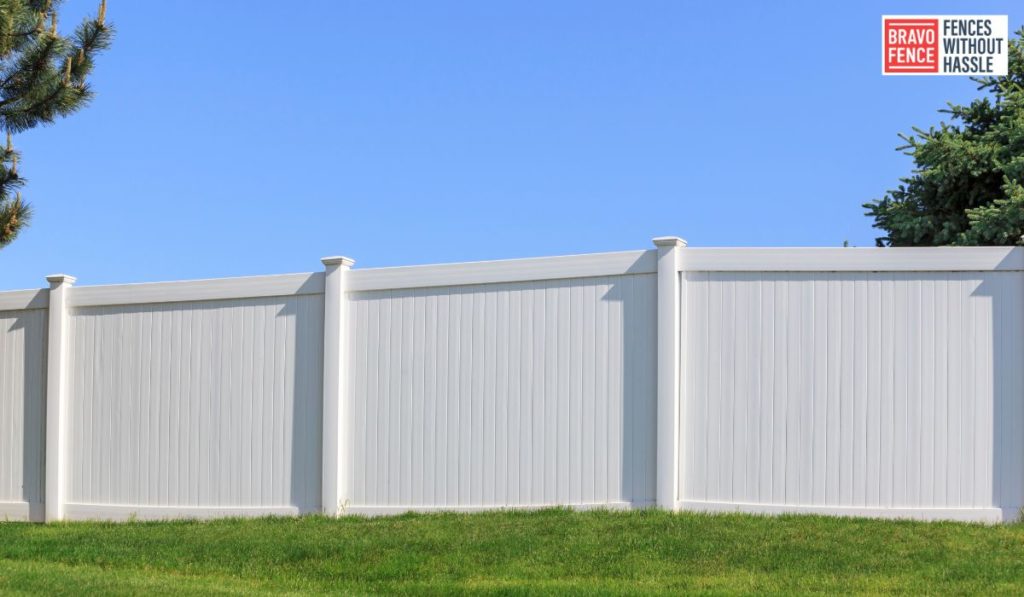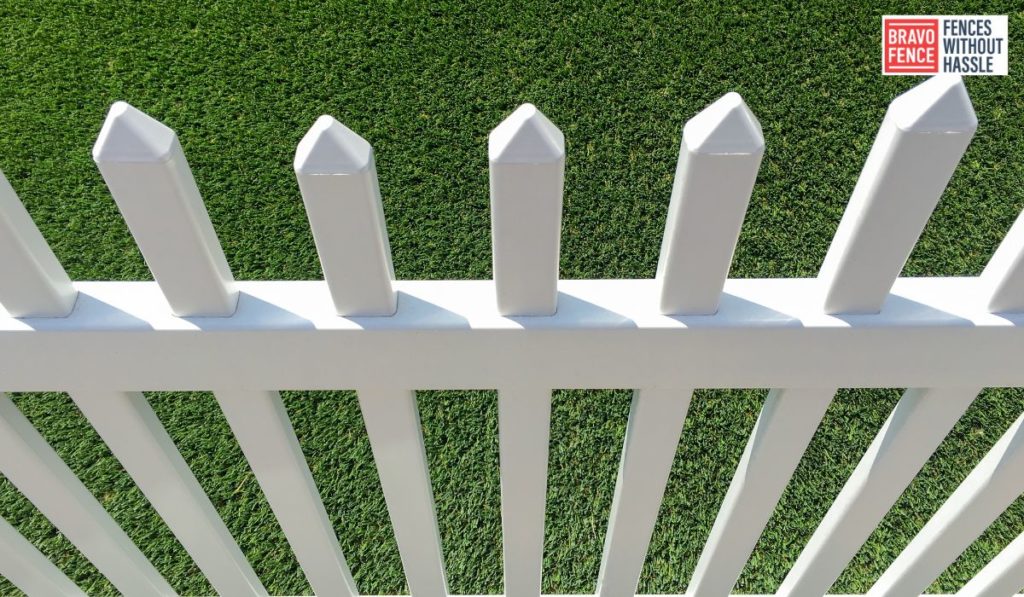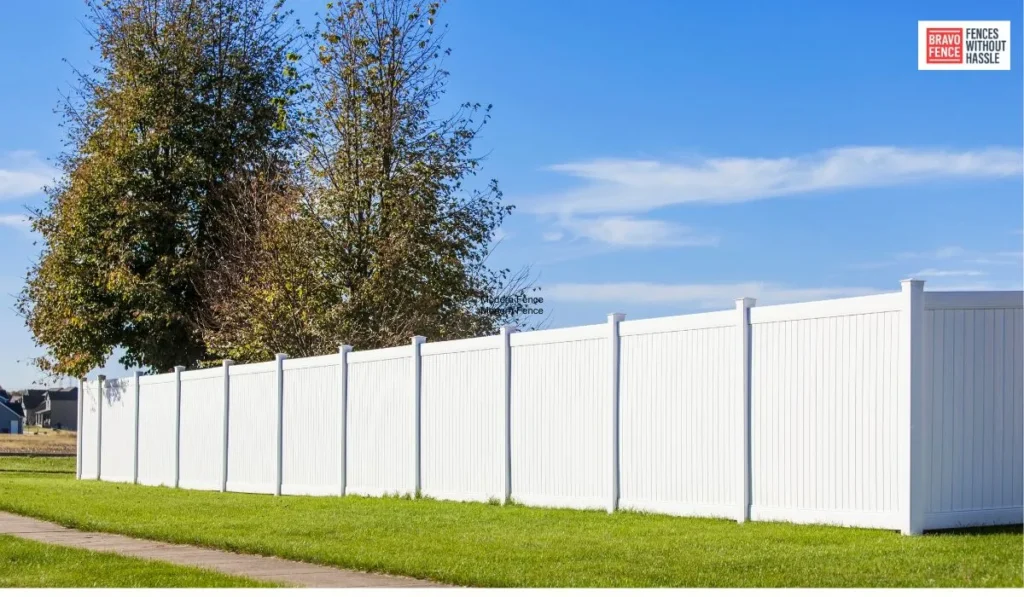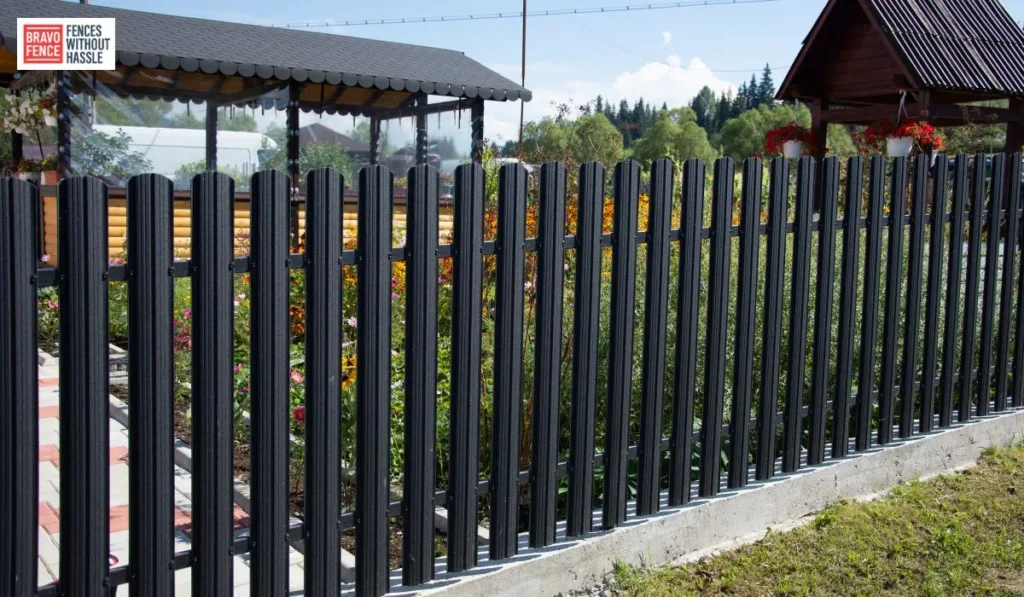The desire for increased privacy often prompts homeowners to explore alternative fencing solutions beyond metal or chain-link options.
Among the alternatives, wood and vinyl fences stand out as potential candidates.
But which one is the right fit for your property?
This article delves into the considerations and differences that will aid in your decision-making process.
Assessing Your Needs
The journey to selecting the right fence begins by evaluating your unique needs as a homeowner.
Consider the current state of your property, the existing fencing (if any), and the extent of privacy you desire.
Furthermore, take into account the specific regulations and guidelines set by your local authorities in terms of fence height, length, and style.
Questions to Ask Before Choosing
Before committing to a new fence, it’s essential to ask yourself a few key questions:
- Why do you need the fence?
- What’s your budget for purchasing and installing the fence?
- How challenging will fence maintenance be?
- Is the fence visually appealing?
- Can you expect a return on your investment?
These questions will help you align your priorities and set a clear direction for your fencing project.
Comparing Wood and Vinyl
Installation
Wood fences hold an edge in terms of installation cost, typically being around 50% less expensive than vinyl.
While vinyl itself is affordable, the addition of steel posts per linear foot for durability increases the overall cost.
However, installation costs are just one part of the equation, as other factors come into play.

Appearance
The aesthetic appeal of a fence shouldn’t be underestimated, considering it’s something you’ll encounter daily.
Wood fences carry a timeless charm, evoking nostalgia and a sense of history.
Vinyl fences, while lacking in historical significance, can be molded into various designs, showcasing their own beauty.
Ultimately, both materials offer appealing options.
Maintenance
Vinyl’s main selling point is its minimal maintenance requirement.
Once installed, it generally requires little more than occasional cleaning.
On the other hand, wood fences demand consistent upkeep to maintain both appearance and structural integrity.
Periodic staining and replacement of deteriorated lumber are essential for wood fences.
Longevity
The anticipated duration of your stay on the property plays a significant role in the wood vs. vinyl debate.
Wood fences are more suitable for short-term homeownership, with maintenance costs becoming a concern over time.
Vinyl, however, stands as a low-maintenance, durable option that can last over a decade or longer, depending on environmental factors.
Evaluating Your Stay Duration
Before choosing a fence material, it’s vital to gauge how long you’ll remain on the property.
For shorter stays (1-3 years), the initial lower cost of wood may seem enticing.
However, for more extended residencies, vinyl’s durability and reduced maintenance costs become a more appealing prospect.
Making a Financial Decision
In making a financial decision, it’s crucial to consider costs over various timeframes, ranging from one year to a decade or more.
Despite potential higher initial costs, vinyl fences often provide better long-term value due to their extended lifespan and minimal upkeep requirements.
Your decision should reflect a holistic assessment of the factors that matter most to you.
Conclusion
Choosing between a wood and vinyl fence isn’t just about picking a material; it’s about aligning the fence with your preferences, needs, and long-term plans.
The decision should be informed by factors beyond budget, such as maintenance, aesthetics, and duration of stay.
Ultimately, both materials offer unique advantages, so consider each aspect carefully before making your final choice.
FAQs
Q1: Can vinyl fences be customized like wood fences?
Yes, vinyl fences can be shaped into various designs, allowing for customization similar to wood.
Q2: Are wood fences more susceptible to damage?
Wood fences are prone to damage from weather, pests, and wear, requiring more maintenance than vinyl.
Q3: Which fence material requires less long-term maintenance?

Vinyl fences are virtually maintenance-free compared to wood, which needs regular staining and repairs.
Q4: How long does a vinyl fence typically last?
Vinyl fences can last over ten years or more, depending on environmental conditions and proper care.
Q5: Can vinyl fences withstand extreme weather?
Vinyl fences are designed to withstand a range of weather conditions, making them a durable choice.
Q6: Are vinyl fences environmentally friendly?
Yes, vinyl fences are considered more eco-friendly than wood fences since they don’t require trees to be cut down for their production. Additionally, they are often recyclable.
Q7: Can I paint or stain a vinyl fence?
It’s generally not recommended to paint or stain a vinyl fence since these materials don’t adhere well to vinyl’s smooth surface. However, some manufacturers offer vinyl fences in various colors and textures.
Q8: How do these fences handle noise reduction?
Both wood and vinyl fences offer some level of noise reduction, but a solid wood fence tends to provide slightly better sound insulation due to its thicker structure.
Q9: What’s the impact of sunlight on these fences?
Vinyl fences are more resistant to fading and discoloration caused by sunlight exposure compared to wood, which can require more frequent maintenance to retain its color.
Q10: Can I install these fences on uneven terrain?
Both wood and vinyl fences can be installed on uneven terrain, but vinyl fences might offer more flexibility due to their design. Special techniques may be required for wood fences to ensure stability on uneven ground.






